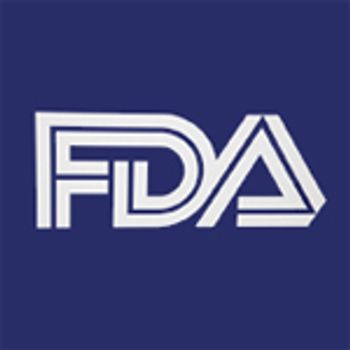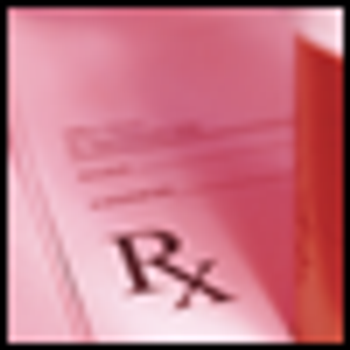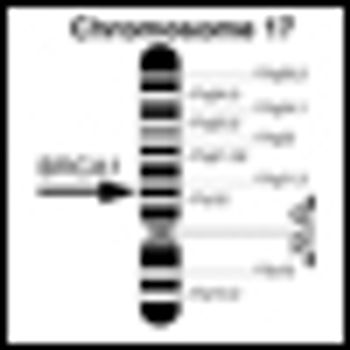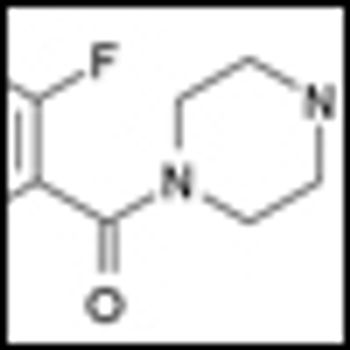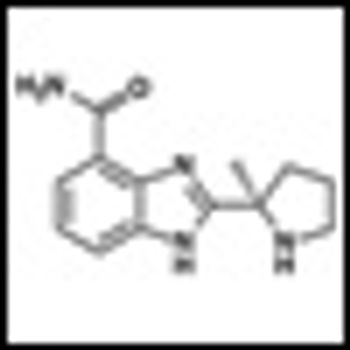
The opening chapters in the investigation of poly(adenosine diphosphate [ADP]–ribose) polymerase (PARP) inhibitors as cancer therapeutics have been interpreted by some as a quantum leap forward in targeted and personalized medicine and by others as another example of disappointment following a flurry of promising preclinical and early clinical trials based on elegant biology.



































